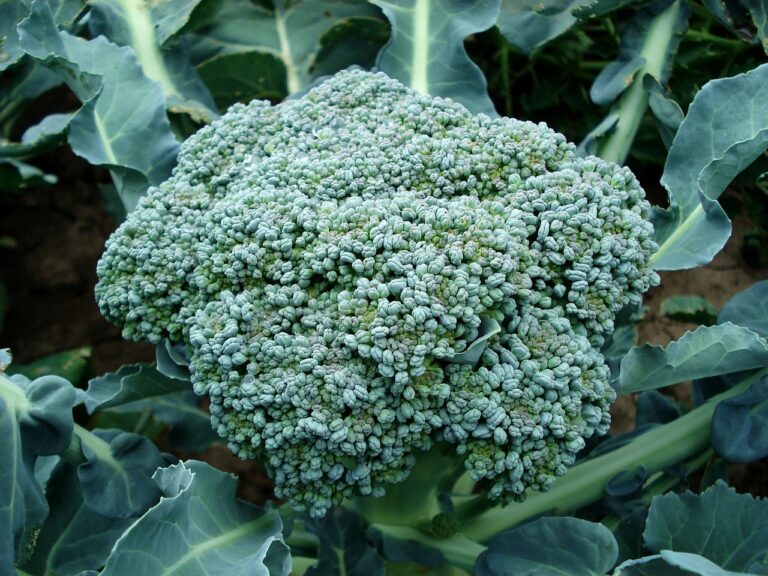The Rise of Low-Waste Distilling: Sustainable Practices in Spirit Production
www.world777, 11xplay.online, bet book 247:The Rise of Low-Waste Distilling: Sustainable Practices in Spirit Production
In recent years, there has been a growing trend towards sustainability in various industries, including the spirits industry. As consumers become more conscious of their environmental impact, distilleries are finding innovative ways to reduce waste and minimize their carbon footprint. This shift towards low-waste distilling is not only good for the environment but also reflects a commitment to quality and craftsmanship.
Sustainability in spirit production goes beyond just using organic ingredients or eco-friendly packaging. It involves rethinking every step of the distilling process to minimize waste and maximize efficiency. From sourcing ingredients locally to recycling water and byproducts, distilleries are finding new ways to operate in a more eco-friendly manner.
One distillery that has been at the forefront of this movement is XYZ Distillery, located in the heart of the Kentucky countryside. XYZ Distillery prides itself on using sustainable practices throughout its production process, from grain to glass. By working closely with local farmers to source organic grains and implementing innovative distilling techniques, XYZ Distillery has been able to reduce its waste output significantly while producing high-quality spirits.
One key aspect of low-waste distilling is utilizing byproducts from the distilling process. For example, XYZ Distillery uses spent grains from the distillation process to feed livestock at local farms, creating a closed-loop system that benefits both the distillery and the community. By repurposing these byproducts, distilleries can minimize their environmental impact and support the local economy.
Another important factor in low-waste distilling is water conservation. Distilling spirits requires a significant amount of water, which can put a strain on local water resources. By implementing water recycling systems and investing in water-saving technologies, distilleries can reduce their water usage and minimize their impact on the environment.
In addition to waste reduction and water conservation, sustainable distilleries also focus on energy efficiency. By investing in renewable energy sources such as solar or wind power, distilleries can reduce their reliance on fossil fuels and lower their carbon emissions. This not only benefits the environment but also helps distilleries save on energy costs in the long run.
As consumers become more aware of the environmental impact of their choices, the demand for sustainable spirits is on the rise. People are increasingly seeking out products that are not only delicious but also produced in an environmentally responsible manner. By embracing low-waste distilling practices, distilleries can appeal to this growing market and differentiate themselves from the competition.
FAQs
Q: What are some common waste reduction practices in low-waste distilling?
A: Some common waste reduction practices include repurposing byproducts such as spent grains, recycling water, and investing in energy-efficient technologies.
Q: How can consumers support sustainable distilleries?
A: Consumers can support sustainable distilleries by choosing products that are produced using eco-friendly practices, such as low-waste distilling. Additionally, supporting local distilleries and opting for organic spirits can also make a positive impact.
Q: Are there any certifications or labels to look for when purchasing sustainable spirits?
A: While there is no specific certification for sustainable spirits, consumers can look for distilleries that are committed to environmental stewardship and transparency in their production practices. Some distilleries may also have certifications such as organic or Fair Trade, which can indicate a commitment to sustainability.
Q: How can distilleries communicate their sustainability efforts to consumers?
A: Distilleries can communicate their sustainability efforts through their marketing materials, website, and social media channels. Sharing stories about their commitment to sustainability and highlighting specific practices such as waste reduction and water conservation can help educate consumers and build trust.







